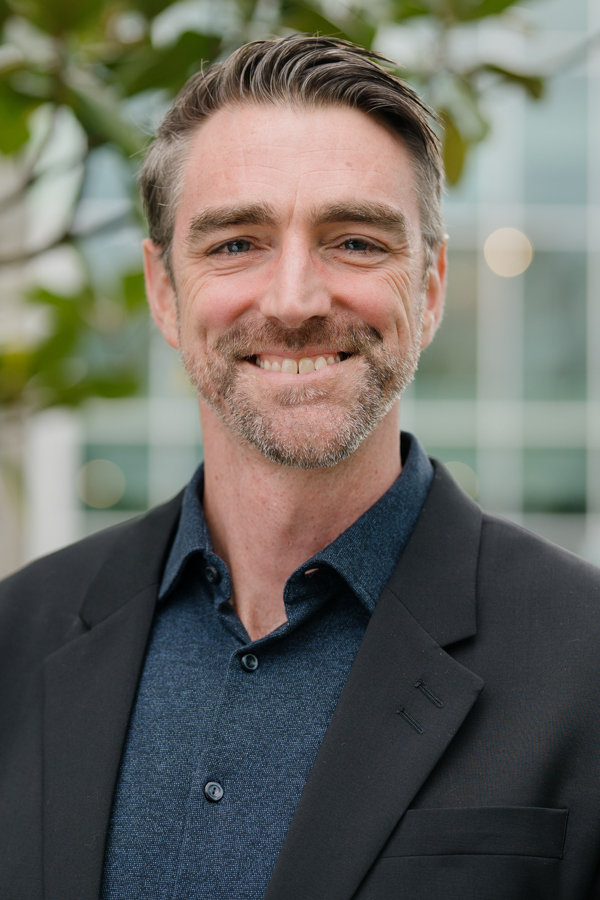God at Work: Introducing Marketplace Theology
Course Description
The realities of work are being radically reshaped today, from the expansion of the gig economy to the rise of artificial intelligence. These dynamics complicate the questions many of us bring to our jobs: What difference does my work make? How do I act justly in a compromised system? Can I express my faith convictions with colleagues? How do I discern God’s calling in my life as it is? This course equips students to live out the answers by introducing marketplace theology, a practice of public reasoning about the human economy in light of God’s works. We begin from the conviction that God sustains, empowers, and governs human action in the world. We then explore the exciting opportunities, from the warehouse to the C-suite, to take part in God’s renewing purposes for all creation. This course is open to people from a wide variety of backgrounds who want to work faithfully and creatively wherever God has called them.Winter 2025: This course is available onsite and online. Students must register for the online section to gain Zoom access to the course.
Course lectures will be recorded, and students may be captured in course recordings. Access to lecture recordings is normally only given to online students who cannot reasonably be expected to attend the course live due to time zone differences. These students should contact the course instructor for permission to access recordings.
| Offered | 2026 Winter |
| Dates | Jan 12 - Apr 17 |
| Days | Tue |
| Format | Onsite and Online |
| Credit Hours | 3 |
| Room Number | Rm 230 / Online |
Teaching Faculty

David S. Robinson
R. Paul Stevens Assistant Professor of Marketplace Theology and Leadership
Dr. David Robinson teaches Marketplace Theology and directs the Master of Arts in Leadership, Theology, and Society (MALTS). His current research focuses on the theological ethics of human work as well as approaches to sustainability (personal, corporate, and environmental). His previous research focused on modern philosophical and theological accounts of the self in society, including church-state relations.